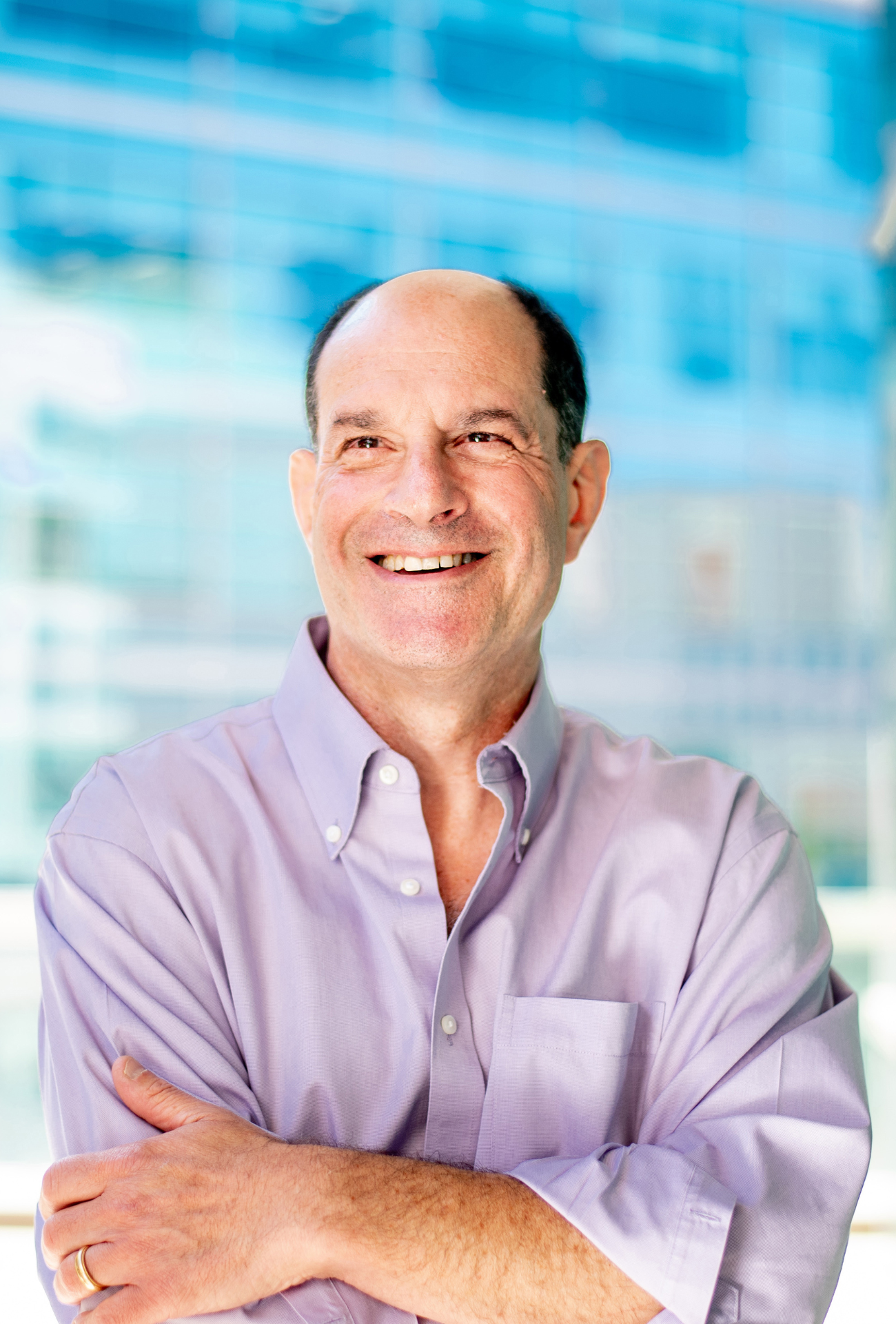New Delhi | Bengaluru | Mumbai
David Julius, a biochemist and molecular physiologist, and a recipient of the 2021 Nobel Prize in Physiology or Medicine, was the 2024 Featured Speaker of the TNQ Distinguished Lectures in the Life Sciences. His topic was ʻHow We Sense Painʼ.
Professor Julius delivered his lectures in New Delhi, Bengaluru, and Mumbai in January 2024. The 2024 Lectures were the 2ⁿᵈ Edition of Series II of this lecture series.
David Julius is currently the Morris Herzstein Chair in Molecular Biology and Medicine and Professor and Chair of the Department of Physiology at the University of California, San Francisco (UCSF).

Born in Brooklyn, New York, Professor David Julius attended public elementary and high schools. He received his undergraduate degree in life sciences from MIT (1973–77), gaining his first research experience in the laboratory of Dr Alexander Rich studying mechanisms of tRNA aminoacylation. He then moved to the University of California, Berkeley for his graduate and doctoral studies in biochemistry (1977–84), where he worked with Jeremy Thorner and Randy Schekman to elucidate mechanisms of peptide hormone processing and secretion in Saccharomyces yeast, culminating in characterization of KEX2 as the first identified prohormone convertase.
For his postdoctoral studies (1984–89), Julius joined Dr Richard Axelʼs group at Columbia University, where his focus turned to neuropharmacology and receptor function. During this time, he developed novel expression cloning methods that enabled him to identify genes encoding members of the serotonin receptor family. Julius then joined the faculty at UCSF (1990), and has remained there since.
David Juliusʼs research interests pertain to the structure and function of neurotransmitter receptors and ion channels, especially as this relates to mechanisms of sensory signalling. A major focus of his work has been to elucidate molecular mechanisms of somatosensation and pain, and sensory adaptation. His group has exploited the properties of natural products to discover a family of thermo- and chemo-sensitive ion channels that enable sensory nerve fibres to detect hot or cold temperatures and other noxious stimuli. With the aid of genetic, electrophysiological, structural, and behavioural methods, his team has determined how these ion channels contribute to pain sensation, and how channel activity is modulated in response to tumour growth, infection, or other forms of injury that produce inflammation and pain hypersensitivity. These investigations are laying the foundation for the development of novel analgesic drugs.